Treatment Programs For Juvenile Delinquency
Treatment programs for juvenile delinquency. The Youthgov program directory provides up-to-date information for effective programs that address risk and protective factors related to juvenile justice and delinquency prevention. The Family Integrated Transitions FIT Program is an intensive treatment practice. The im-portant step in any rehabilitation effort is to get the delinquent to accept the carefully planned treatment for the boy himself has the final decision on matters of conduct and future action.
Strengthening implementation of existing rehabilitation and delinquency prevention programs could substantially reduce future criminality. However the more intense programs require inpatient treatment. The FIT program draws upon evidence-based operating principles from Multisystemic therapy Motivational Enhancement therapy Relapse Prevention and Dialectical Behavior Therapy.
The STEP Program is facilitated by Liberty mental health professionals. Analysis of the Findings of 548 Evaluation Studies of Delinquency Interventions. Juvenile Court has frequently men-tioned a factor which is overlooked in many treatment programs.
Theoretically rehabilitation is the focus of corrections programs for juveniles. Youth receive sex offender specific treatment that requires them to take responsibility for their offenses and that introduces the need for sex-offender specific intensive treatment. They found a mean Phi coef ficient of 30 for appropriate services equivalent to 63 standard deviation units which was significantly larger than the mean values for inap.
The prevention and treatment of juvenile delinquency is a subject which must be addressed by society today. These programs vary in type. All programs included in the program directory have been rigorously reviewed based on their conceptual framework whether or not the program was implemented as intended how it was evaluated and the.
In 1976 the Office of Juvenile Justice and Delinquency Prevention OJJDP under provisions of the Juvenile Justice Act funded a variety of special emphasis youth diversion programs to test various methods of diverting young people away from the juvenile justice system. Functional Family Therapy FFT is a short-term high quality intervention program with an average of 12 to 14 sessions over three to five months. Several effective treatments including delinquency prevention and parent-child treatment programs for preschool-age children and problem-solving skills training and anger-coping therapy for school-age children see eg Brestan and Eyberg 1998.
Early intervention is the best approach to preventing juvenile delinquency. A META-ANALYTIC INQUIRY 87 ing modes of treatments matched with client learning styles and var ious categories of inappropriate services.
Youth receive sex offender specific treatment that requires them to take responsibility for their offenses and that introduces the need for sex-offender specific intensive treatment.
FFT works primarily with 11- to 18-year-old youth who have been referred for behavioral or emotional problems by the juvenile justice mental health school or. Early intervention is the best approach to preventing juvenile delinquency. In a broad sense juvenile delinquency refers to the antisocial acts of children and of young people under age. An essential component to FIT is the integration of family in the treatment of the juvenile. In 1976 the Office of Juvenile Justice and Delinquency Prevention OJJDP under provisions of the Juvenile Justice Act funded a variety of special emphasis youth diversion programs to test various methods of diverting young people away from the juvenile justice system. However the more intense programs require inpatient treatment. Analysis of the Findings of 548 Evaluation Studies of Delinquency Interventions. The FIT program draws upon evidence-based operating principles from Multisystemic therapy Motivational Enhancement therapy Relapse Prevention and Dialectical Behavior Therapy. FFT works primarily with 11- to 18-year-old youth who have been referred for behavioral or emotional problems by the juvenile justice mental health school or.
The Office of Juvenile Justice and Delinquency Prevention OJJDP encourages the use of evidence-based programs and practices. An essential component to FIT is the integration of family in the treatment of the juvenile. Effective adolescent treatment approaches include multisystemic therapy multidimensional family therapy and functional family therapy. The Youthgov program directory provides up-to-date information for effective programs that address risk and protective factors related to juvenile justice and delinquency prevention. Programs for Juvenile Offenders. Youth receive sex offender specific treatment that requires them to take responsibility for their offenses and that introduces the need for sex-offender specific intensive treatment. Several effective treatments including delinquency prevention and parent-child treatment programs for preschool-age children and problem-solving skills training and anger-coping therapy for school-age children see eg Brestan and Eyberg 1998.
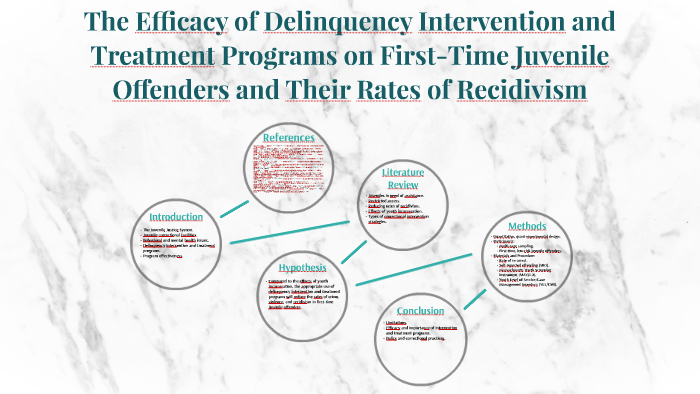
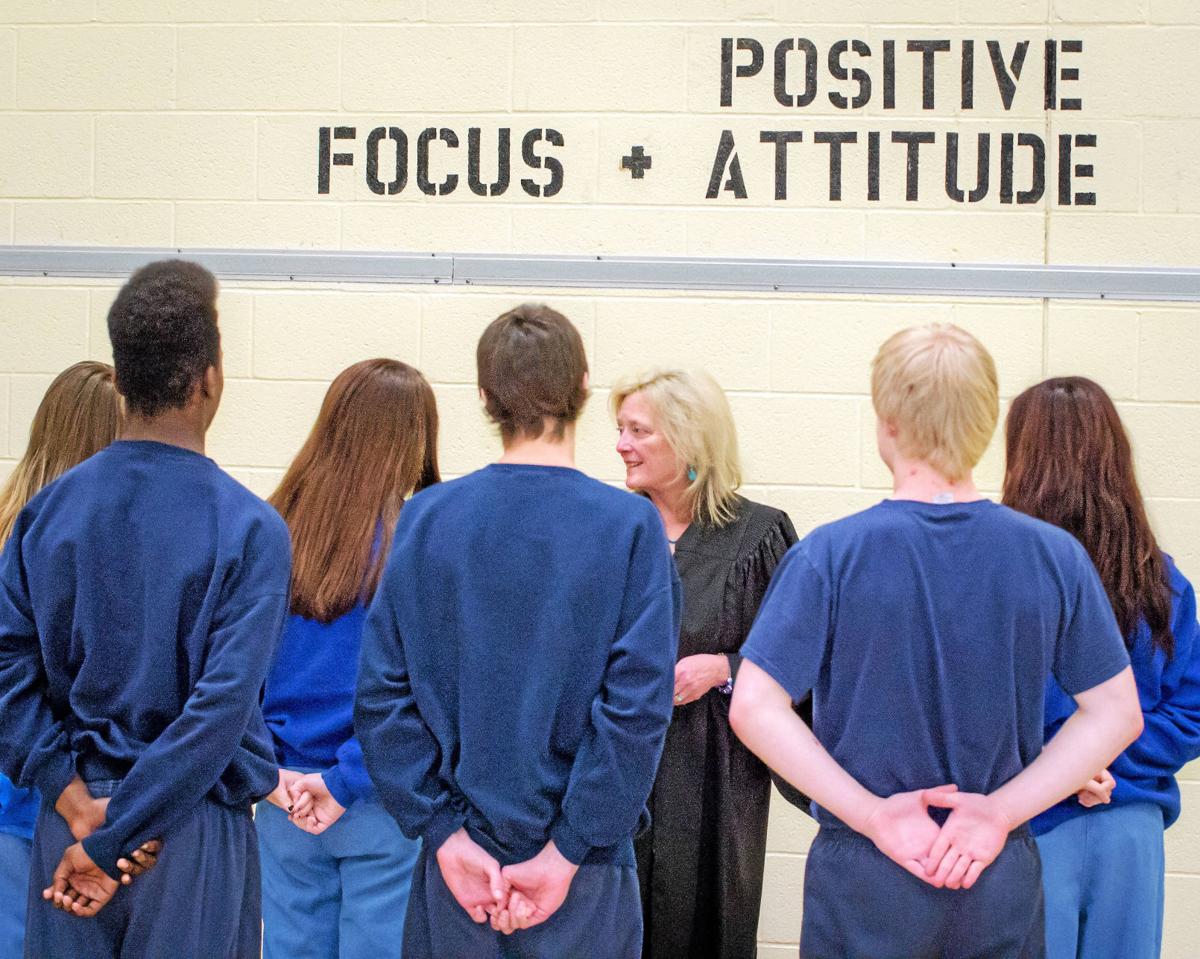


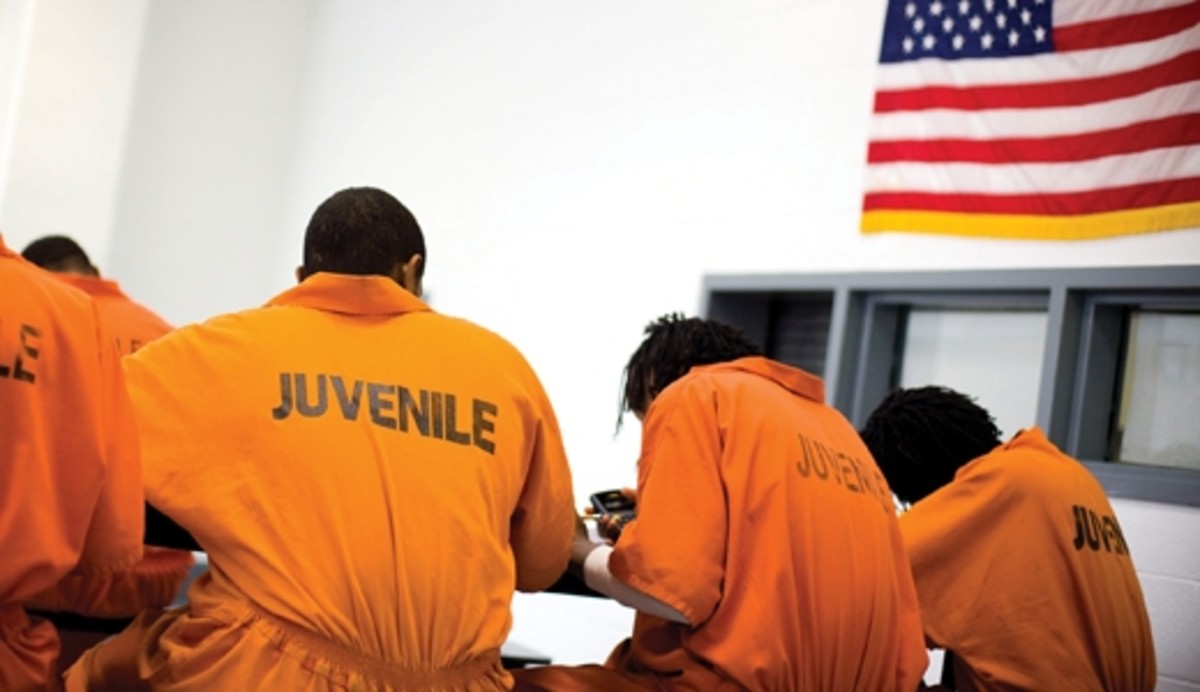
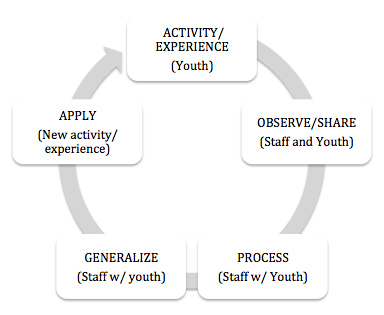

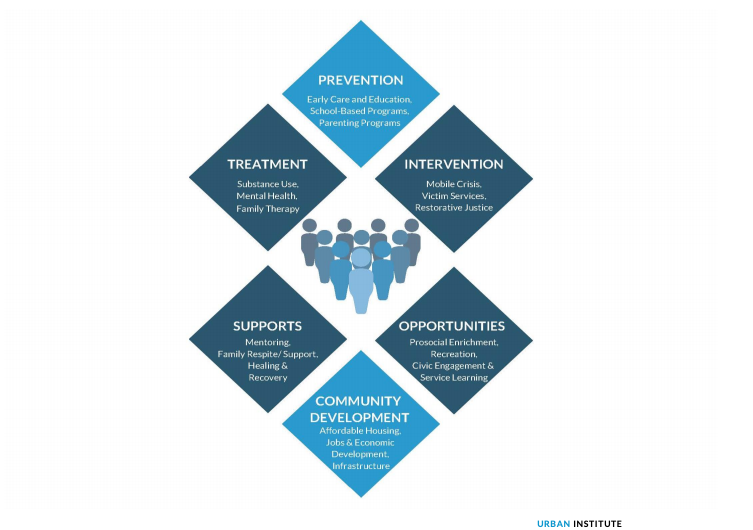
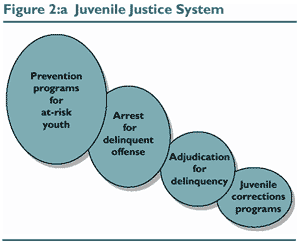


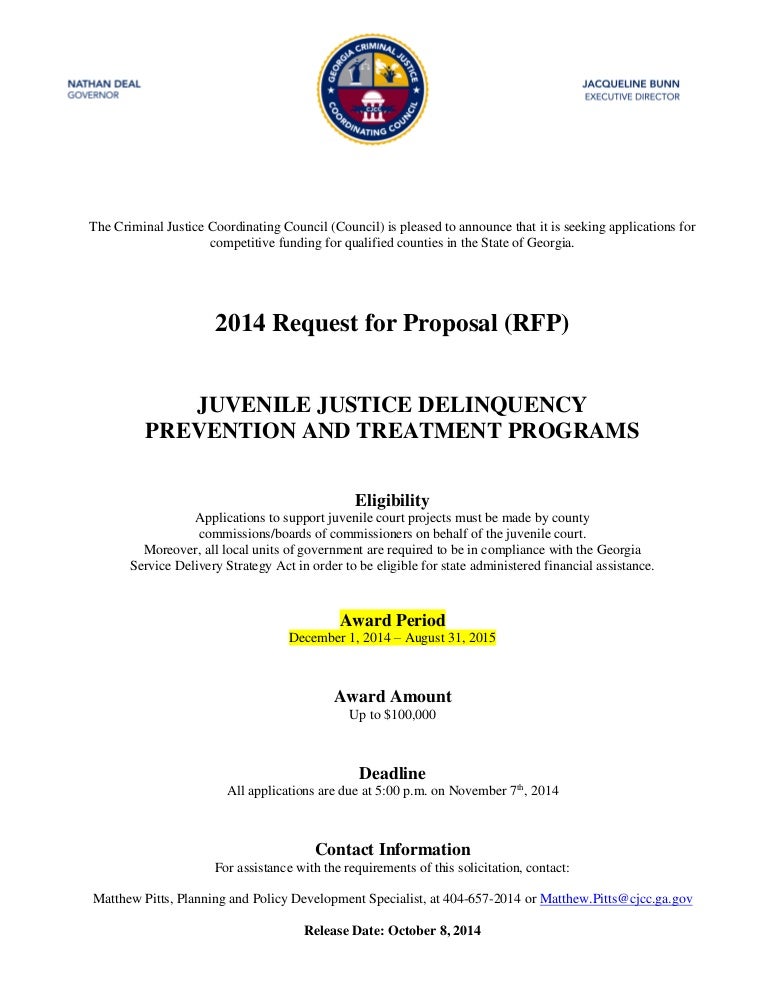


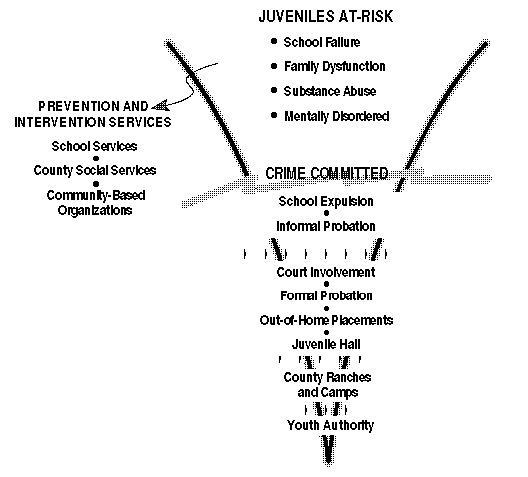



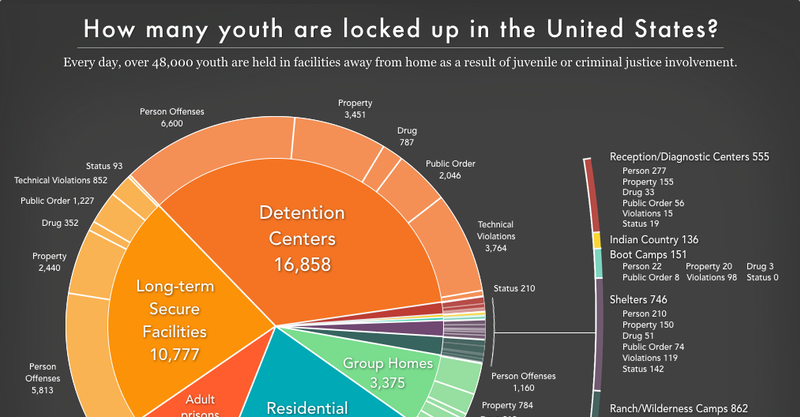




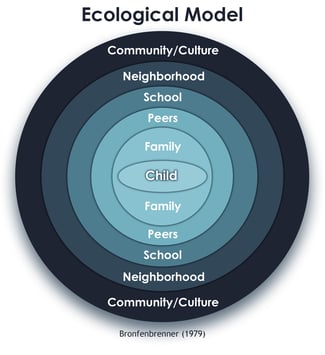

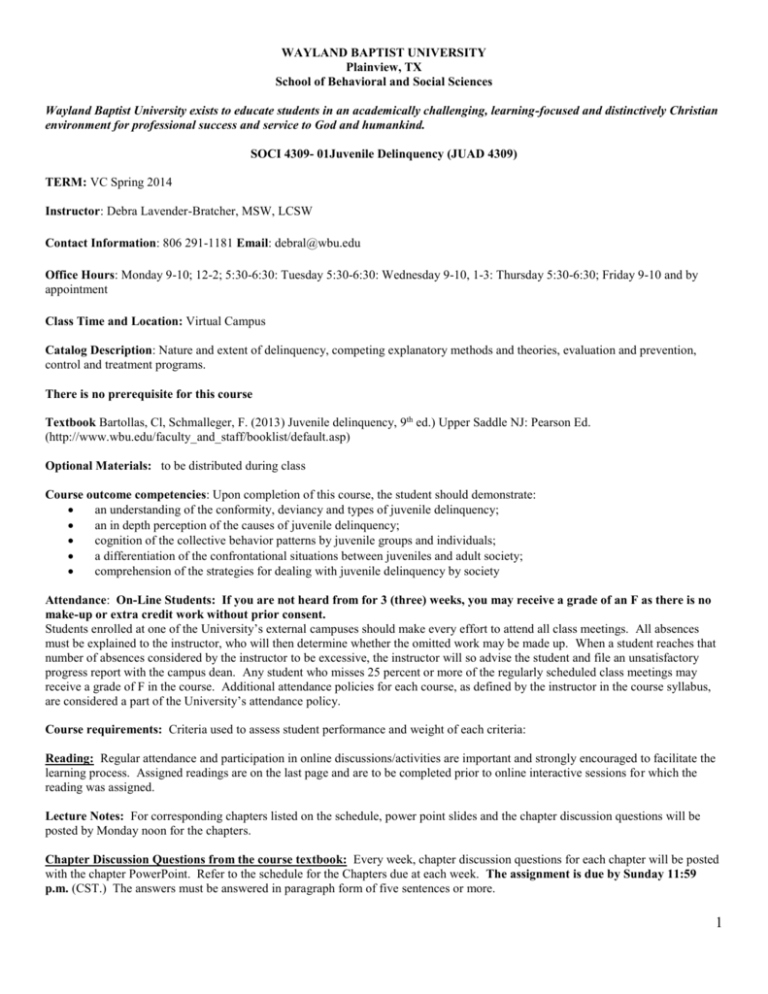

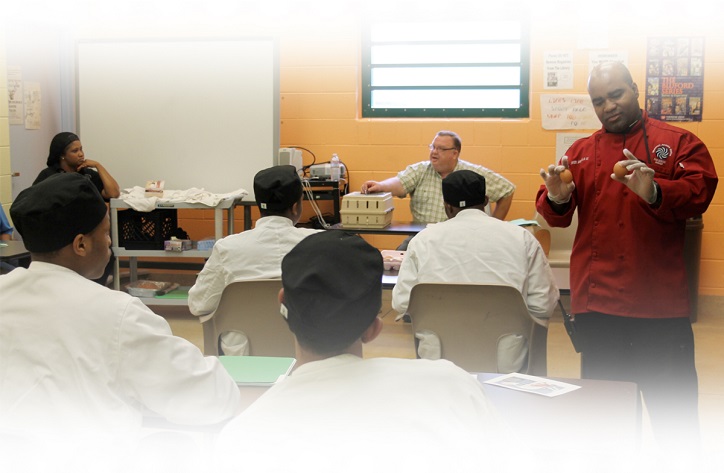

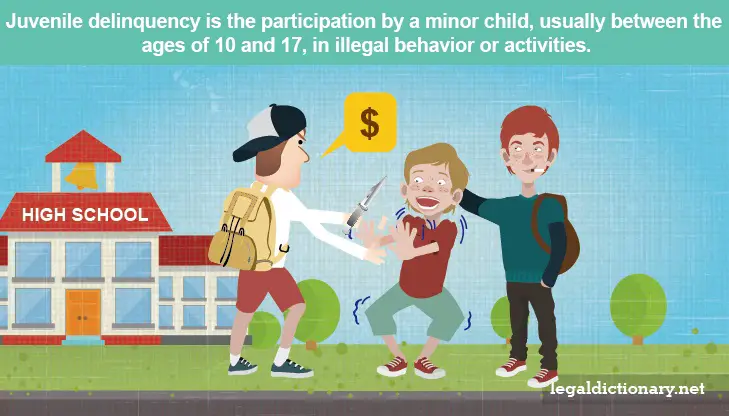
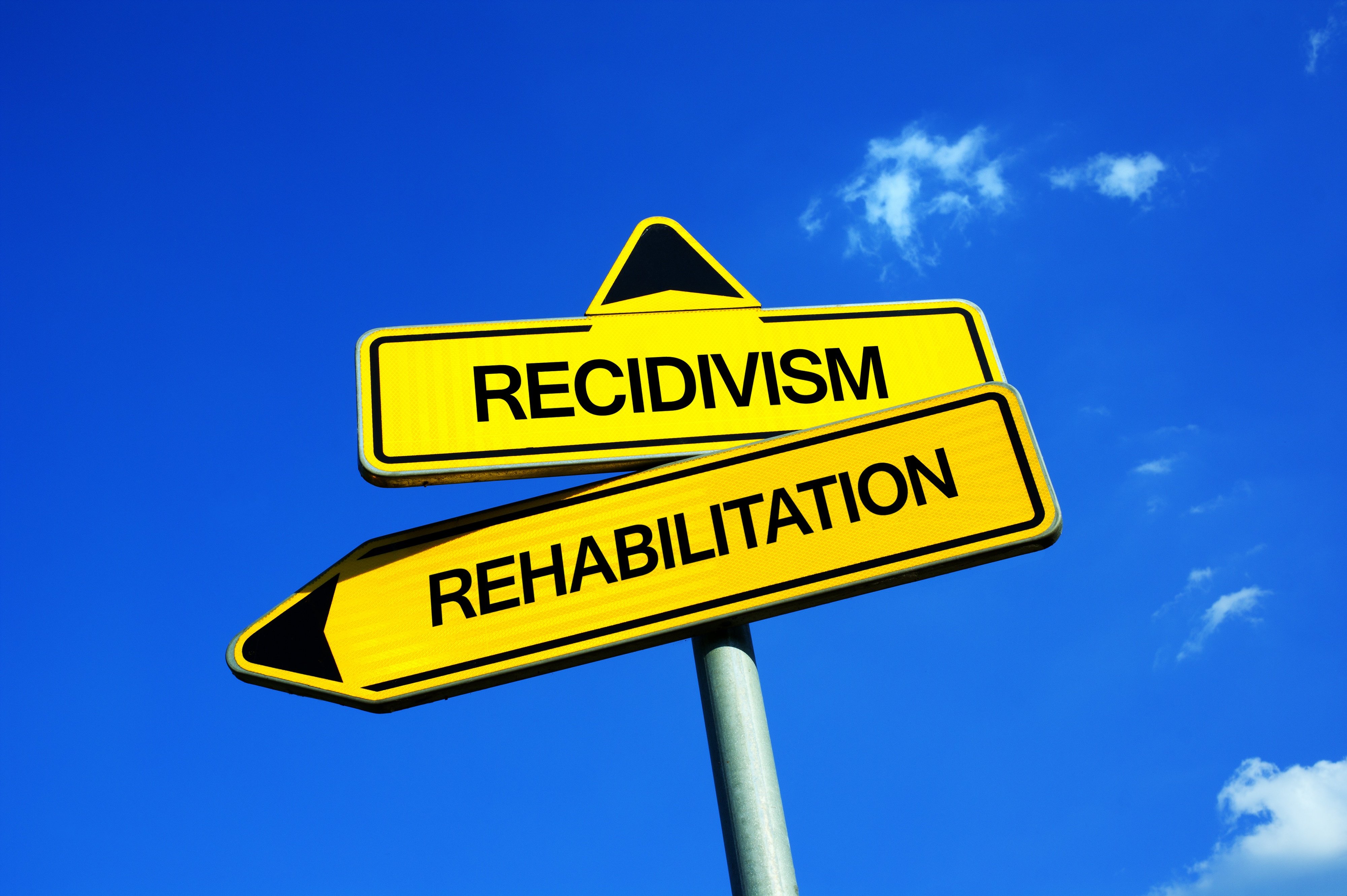








Posting Komentar untuk "Treatment Programs For Juvenile Delinquency"